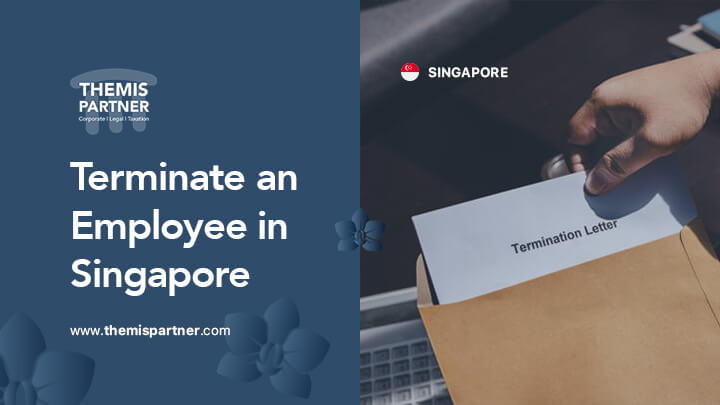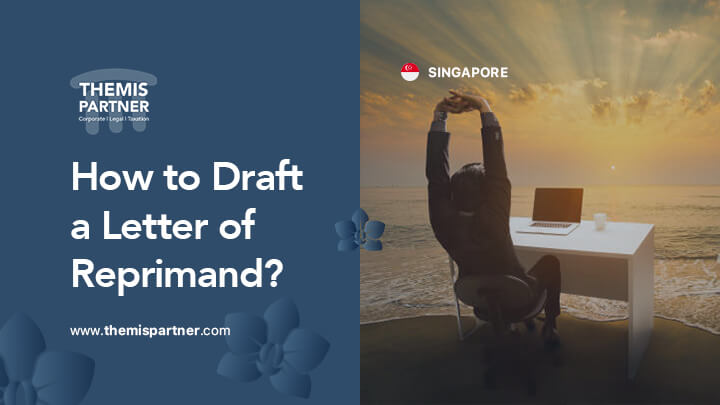What is an NDA?
An Non-Disclosure Agreement is a legally enforceable agreement between two parties to keep particular information private. The information might be disclosed throughout the course of employment, a commercial transaction, or an interview. NDAs can be “mutual” (both parties need to secure secret information) or “one-way” (only one side is disclosing confidential information). The receiving party is commonly referred to as the “receiving party.”
In any case, if someone who has agreed to keep confidential material private violates the NDA, the other party may seek injunctive action to prevent the publication of information and recover damages, which may include lost profits.
ℹ️ Contact a legal expert to assist you in creating a document that will fit your unique requirements.
What information does an NDA protect?
An NDA can be used to safeguard any company knowledge that offers you a competitive advantage but is not widely recognized.
Examples of potentially protected information include:
| ➤ Shared inventions, invention plans, or goods with a colleague, partner, potential partner, independent contractor (such as a freelance writer employed to produce a grant application or proposal), investor, or buyer |
| ➤ Business plans, financial data, marketing materials, and other sensitive information are offered to a collaborator, potential partner, independent contractor, investor, or buyer |
| ➤ Employees were given ideas for future marketing materials, webpages, blogs, and so on |
| ➤ Employees utilized or partially built copyrighted software programs, or other technology was disclosed with a possible buyer or licensee |
| ➤ Employees or collaborators, including independent contractors employed by the company, may have access to confidential and sensitive information |
| ➤ Information, plans, ideas, and so on developed inside a working group, such as while developing a computer or other technology application |
| ➤ Formulas, recipes, and other chemical combinations |











